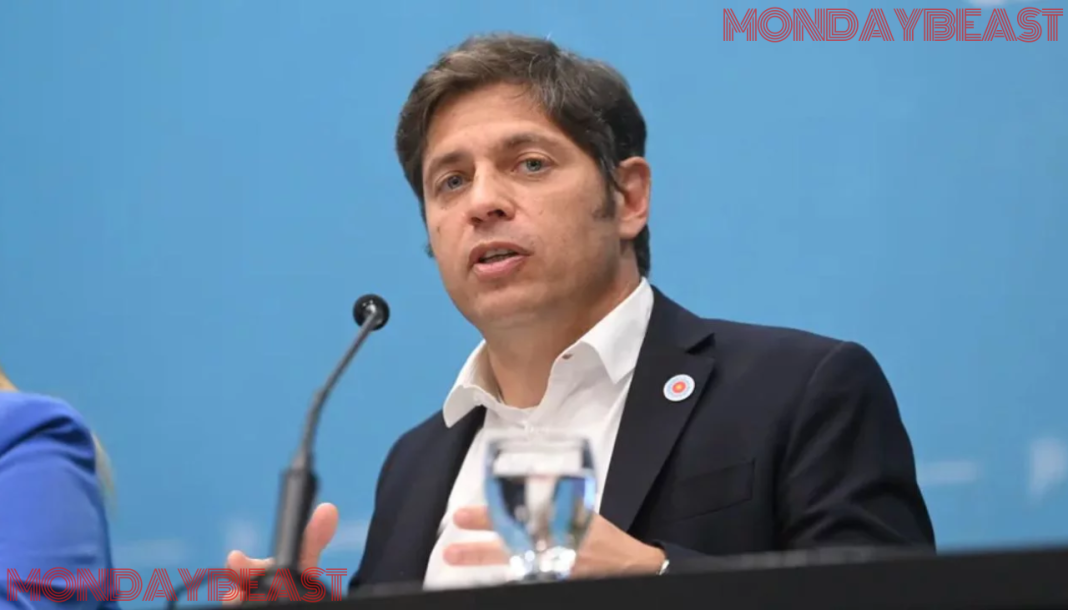The debate over the Hidrovía has heated up. Javier Milei’s government plans to privatize the key waterway. This has sparked fierce opposition. Governor Axel Kicillof stands firmly against it. He argues that the move violates Argentina’s Constitution. Kicillof emphasizes that provinces own natural resources.
From San Pedro, alongside the Paraná, Kicillof outlined his concerns. “Milei cannot privatize our river or ignore the provinces,” he declared with passion. His words resonate deeply and touch on themes of sovereignty and national pride.

Kicillof expressed that the discussion is crucial. It’s about whether Argentina will remain an exporter of raw materials or will it start adding value to its resources. These are not just economic questions; they are existential ones for the country.
The Hidrovía is no ordinary waterway. It channels about 80% of Argentina’s exports, and the stakes are high. Kicillof used historical references to drive his points home, evoking the Vuelta de Obligado, a battle that defined a nation.
“Today’s debate feels like the 19th century, yet it is very much alive,” he insists. What will this mean for ordinary Argentines? Will they continue to produce commodities for foreign powers?

Kicillof’s words urge citizens to think critically. They’re not just fighting for a river; they’re defending a way of life. The governor criticized the government’s broader economic plan, claiming it resembles a looting of national resources.
This isn’t just about the Hidrovía; it’s about other vital industries too. Kicillof specifically mentioned Aerolíneas Argentinas, arguing that privatizing it would only benefit the wealthy. In recent months, tensions escalated as the disagreement over the 2025 Budget added fuel to the fire.
This raised questions about the central government’s authority. Kicillof posited that Milei’s actions mirror old conflicts in Argentina. The battle between federal and provincial interests still rages on, and the current negotiation landscape feels fraught.

On one side, you have Milei, who advocates for privatization. On the other, Kicillof, who argues for national control. Their feud may come to a head soon, and each decision has far-reaching implications for the nation’s future.
Kicillof also tackled Milei’s rejection of BRICS membership. He believes this alienates Argentina from key global players. With BRICS accounting for much of the world’s economy, it’s a significant oversight.
Kicillof claims Milei’s path is a betrayal of Argentine interests. The governor brings forward another critical point, warning that deepening alliances with NATO could jeopardize Argentina. He raised concerns about national peace and neutrality.
There’s also a historical thread linking past to present. Kicillof highlights how foreign interests have exploited Argentina, seeking free navigation for their gain. In his view, this is an echo of colonial exploitation.
The question remains: who benefits from privatization? In closing, it’s clear that the sovereignty debate is alive and well. The Hidrovía, a vital artery for commerce, is under threat, and Argentines must ponder Kicillof’s warnings.
The choices made today will undoubtedly shape the nation’s future.




